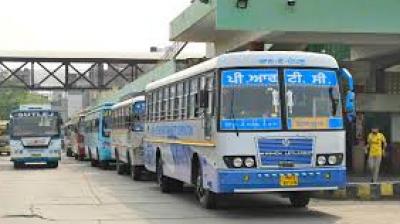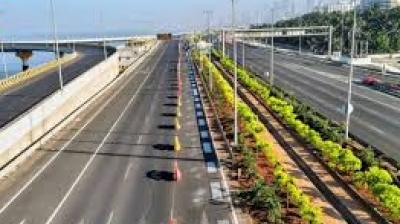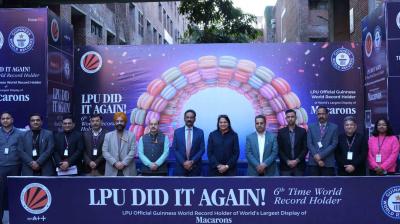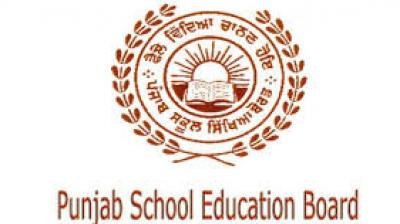
The new flag of the Bhagwant Singh Mann government: Pathankot litchi delivered to England.
Chandigarh: The Punjab government, led by Chief Minister Bhagwant Singh Mann, is continuously working to make the farmers of the state more prosperous and economically stronger. Under the able leadership of Chief Minister Mann, Punjab's crop diversification scheme is yielding significant results, especially in horticulture. Farmers in Punjab are being encouraged to maximize the cultivation of fruits, vegetables, and flowers.
The Bhagwant Singh Mann government has begun exporting litchi from the state to foreign countries for the first time. A few months ago, the first consignment of litchi produced in the state was sent to England by the Horticulture Department with the support of the Agriculture and Processed Food Products Export Development Authority (APEDA). The litchi harvest of Rakesh Dadwal, a progressive farmer from Muradpur village in the Pathankot district, was dispatched to England from Amritsar.
Litchi is cultivated over a total area of 3,250 hectares in Punjab, yielding approximately 13,000 metric tons. The semi-hill districts of Pathankot, Gurdaspur, and Hoshiarpur in Punjab provide a favorable environment for litchis, resulting in a superior natural dark red color and sweetness compared to litchis from other states. By exporting to foreign countries, litchi growers will be able to earn higher profits through the special efforts of the Punjab government. In the near future, initiatives will be taken to export other horticultural crops abroad with the support of the Horticulture Department and APEDA. The day is not far off when Punjab will be recognized in major foreign markets for its fruits, and the identity of litchi growers will gain international acknowledgment.
The horticultural area has increased by 42,406 hectares over the last 28 months, rising from 439,210 hectares to 481,616 hectares. Orchard coverage increased from 96,686 hectares to 103,161 hectares, with an increase of 6,475 hectares under fruit cultivation. Additionally, vegetable cultivation saw a significant rise of 35,009 hectares, bringing the total area to 321,466 hectares. The area under ornamental plants has grown from 1,728 hectares to 2,050 hectares.
Horticultural crops play a crucial role in the agricultural economy, and recognizing this importance, this year's state budget has proposed Rs 253 crore for the next financial year. Five new horticulture estates will be established in Ludhiana, Gurdaspur, Patiala, Bathinda, and Faridkot to promote fruit and vegetable crops in naturally productive areas, with a fund of Rs 40 crore allocated for this purpose. A new risk reduction scheme for horticulture producers, 'Bah Antar Pajt Yojana,' has also been launched, with a budget of Rs 15 crore set aside for it.
The Punjab government is making significant efforts to promote horticulture. Arrangements have been made to provide a subsidy of Rs 10,000 per acre to farmers who adopt drip irrigation for planting gardens. By planting one acre of a garden, approximately 80 lakh liters of water can be saved compared to the crop cycle of wheat and paddy. Subsidies for plastic crates are being provided to responsible vegetable cultivators, and a subsidy of Rs 35,000 per hectare has been arranged for farmers cultivating flowers.
These efforts by the Punjab government are already yielding positive results. The state has excelled in the Scotch Awards 2023, securing five semi-final positions, including a silver award in the field of horticulture. The Center of Excellence for Vegetables (Indo-Israeli Project) located in Kartarpur, Jalandhar, received the silver award. This center is helping to bring about significant changes in farmers' lives by significantly increasing their income. The facility has standardized an on-farm cold room of 3-5 metric tons, bringing substantial profit to farmers. A total of 336 positions, including 111 Horticulture Development Officers, will be recruited soon to strengthen the department and further promote crop diversification in the state.
It is imperative to shift Punjab's agriculture away from the traditional wheat-paddy crop cycle to save the ever-deepening water table and address the issues of land and environmental pollution.














